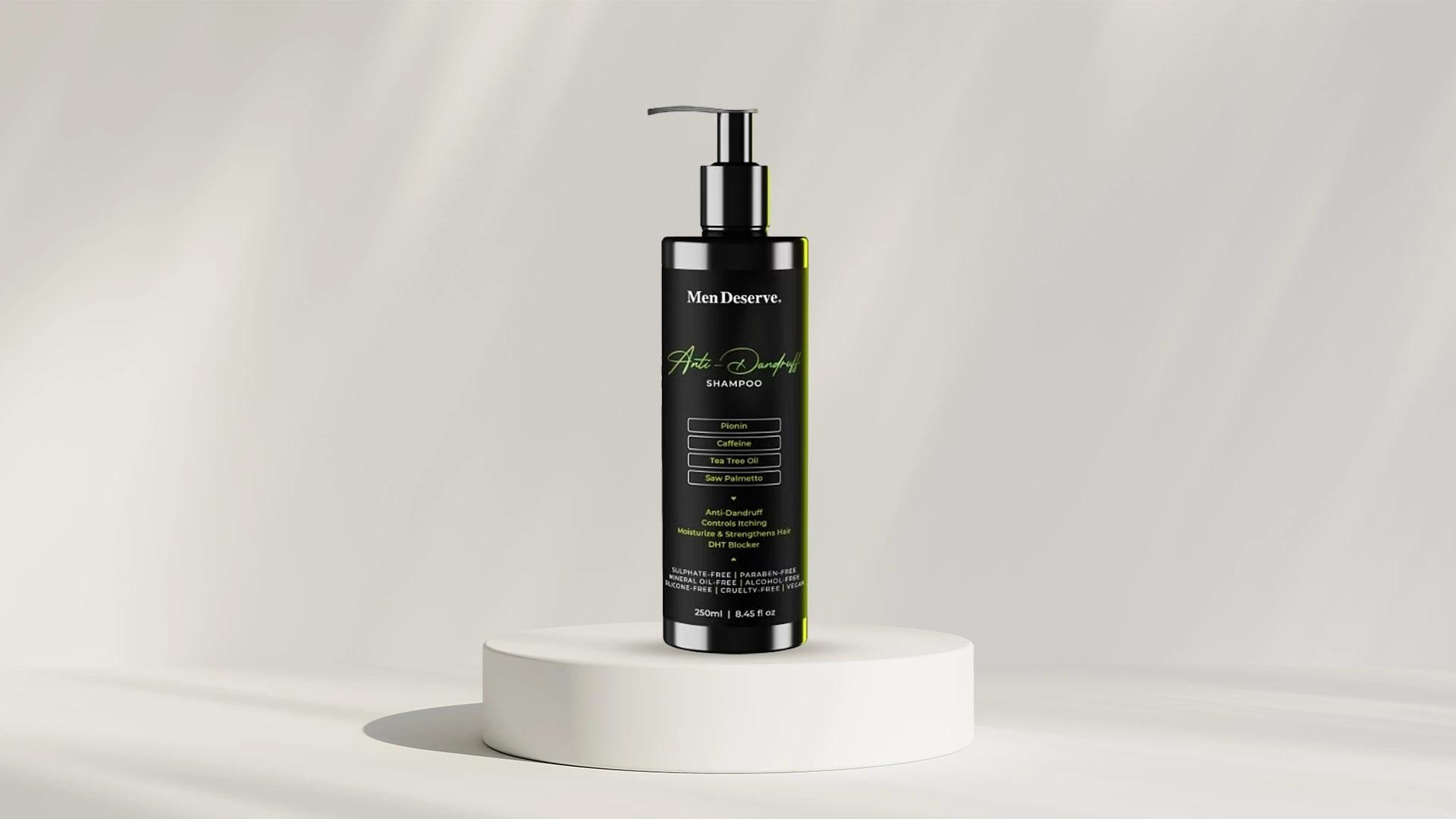Those white flakes on your shoulders might seem like a minor annoyance, but dandruff can seriously mess with your confidence. Whether you're dealing with an itchy, flaky scalp or something more persistent, proper haircare for dandruff can be a game-changer. The good news? You don't have to live with it forever. From anti-dandruff shampoos to natural remedies that actually work, there are plenty of expert solutions worth trying. Let's dive into the real talk about what causes those pesky flakes and how to keep your scalp happy and healthy.
Understanding Dandruff and Its Causes
Dandruff is basically your scalp shedding dead skin cells faster than normal, creating those visible white or yellow flakes. It's super common—nearly half of adults deal with it at some point. The main culprit is usually a yeast-like fungus called Malassezia that naturally lives on your scalp but can go a bit overboard sometimes.
Several factors can trigger dandruff flare-ups. Oily skin, stress, hormonal changes, and certain weather conditions all play a role. Your diet, hair products, and even how often you wash your hair can influence dandruff too. Some people are just more prone to it genetically, which honestly isn't fair but is totally manageable.
There are two main types of dandruff you might encounter. Dry scalp dandruff creates smaller, white flakes and usually comes with tightness or irritation. Oily scalp dandruff produces larger, yellowish flakes that stick to your hair and scalp. Knowing which type you have helps you pick the right treatment approach.
The Role of Anti-Dandruff Shampoo in Haircare
Anti-dandruff shampoos are your first line of defence against flaky situations. They work by targeting the root causes—whether that's excess oil, fungal overgrowth, or inflammation. Unlike regular shampoos that just clean, these formulas contain active ingredients designed to tackle dandruff head-on.
Key ingredients to look for include zinc pyrithione (fights fungus), salicylic acid (removes flakes), ketoconazole (powerful antifungal), and selenium sulphide (reduces cell turnover). Coal tar is another option, though it's less common and can be a bit harsh. Each ingredient works differently, so you might need to try a few to find your match.
For best results, massage the shampoo into your scalp and let it sit for a few minutes before rinsing. This gives the active ingredients time to work their magic. Start with using it every other wash, then adjust based on how your scalp responds.
Choosing the Right Anti-Dandruff Shampoo for Your Scalp Type
If you have a dry scalp, look for gentler formulas with moisturising ingredients like glycerin or ceramides. Harsh sulphates might make things worse, so consider sulphate-free options that clean without stripping natural oils.
Oily scalps can handle stronger formulations with ingredients like salicylic acid or ketoconazole. These help control excess sebum production while tackling the fungal issues that thrive in oily conditions.
For sensitive scalps, zinc pyrithione is usually the gentlest option. Avoid shampoos with strong fragrances or too many active ingredients at once, as these can cause irritation.
Scalp Treatments for Dandruff Management


 200 ml
200 ml 300 ml
300 ml 250 ml
250 ml 320 ml
320 ml